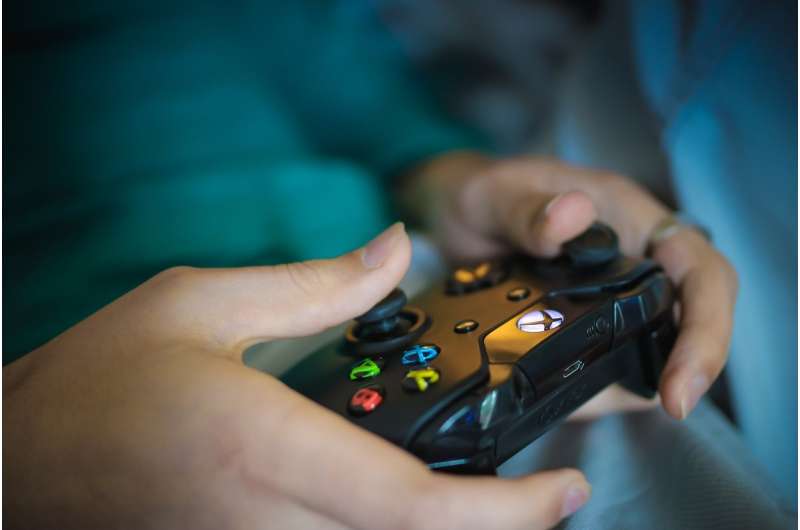Three Years of 988 Lifeline: Insights into Regional and Personal Usage Variations

Research three years after its launch reveals regional and demographic differences in the usage of the 988 mental health crisis lifeline, highlighting areas for improved outreach and engagement across the U.S.
Since its launch on July 16, 2022, the 988 mental health and crisis lifeline has provided vital support to individuals experiencing suicidal thoughts, hopelessness, substance misuse, and other mental health emergencies. Three years into its operation, recent research from NYU School of Global Public Health highlights significant differences in how various regions and demographic groups utilize this crucial resource.
The studies, published in reputable journals such as Health Affairs and JAMA Network Open, reveal that the frequency and likelihood of contacting 988 vary considerably across the United States. Data shows that residents in Western and Northeastern states are more inclined to reach out via 988 compared to those in the South. Additionally, political affiliation influences help-seeking behavior; Democratic individuals tend to use 988 more often than Republicans.
Veterans constitute a notable portion of contacts, accounting for over 10% of all calls, texts, and chats, underscoring the lifeline’s role in connecting military personnel with mental health services. Over the 30-month period studied, the 988 platform handled more than 16 million interactions, primarily via phone calls (70%), with texts and online chats comprising smaller shares.
Geographic analysis also uncovered stark disparities in usage. For example, Vermont's call volume was nearly three times higher per capita than Alabama’s, reflecting regional differences in access, awareness, or attitudes toward mental health support. Overall, the research estimates that about 1.6% of the U.S. population contacted 988 in the past year, though this remains lower than the rate of emergency room visits for mental health crises, which stands at approximately 5.3%. Surprisingly, ER visits for mental health issues outnumbered 988 contacts, indicating a potential underutilization of the lifeline.
In addition to usage patterns, the studies explored preferences for seeking help during crises. A nationally representative survey identified five distinct groups based on their help-seeking tendencies, ranging from those unlikely to seek help to those open to multiple sources. Findings suggest that homelessness of communication and awareness, coupled with political and regional differences, influence how people engage with mental health services.
Jonathan Purtle, lead researcher, emphasized that increasing awareness and positive perceptions of 988 are crucial for expanding its reach. Tailored communication strategies addressing regional and demographic differences are necessary to enhance access, especially in areas with lower utilization rates like the South.
Overall, these insights highlight the importance of targeted efforts to promote mental health help-seeking behaviors and optimize the impact of the 988 lifeline across the diverse American population.
Stay Updated with Mia's Feed
Get the latest health & wellness insights delivered straight to your inbox.
Related Articles
New Study Reveals Role of Brain's Opioid System in Ketamine's Antidepressant Effects
Recent research uncovers the involvement of the brain's opioid system in ketamine's rapid antidepressant effects, opening new avenues for personalized depression treatments.
How Video Games Promote Gender Euphoria for Transgender Players
Research reveals how inclusive and thoughtful video game design can foster gender euphoria and affirmation for transgender players, promoting well-being and diversity.
Understanding the 'Ostrich Effect': When Do We Start Avoiding Helpful Information?
Discover how children develop the tendency to avoid discomforting information and what this means for adult behavior. Learn about the 'Ostrich Effect' and strategies to foster curiosity and resilience.
Bipolar Disorder Patients Use YouTube to Share Personal Experiences and Raise Awareness
Explore how people with bipolar disorder are using YouTube to share personal experiences, discuss treatment, and raise awareness, highlighting social media's role in mental health support.



